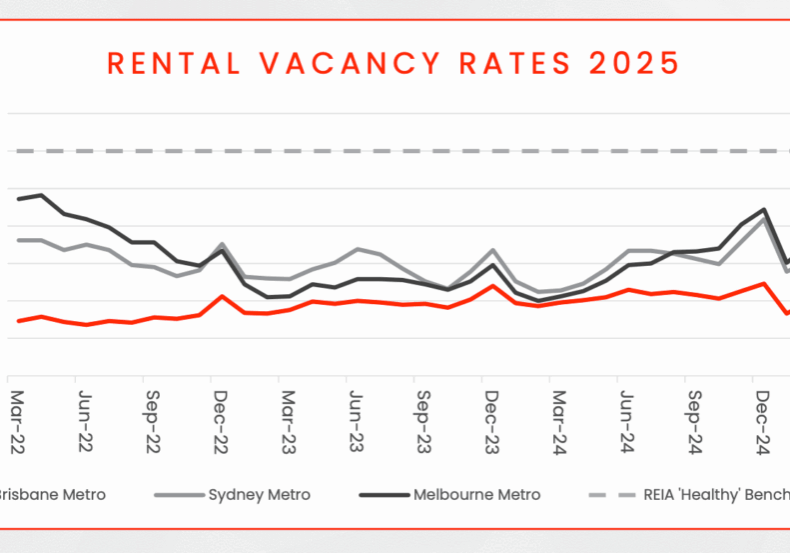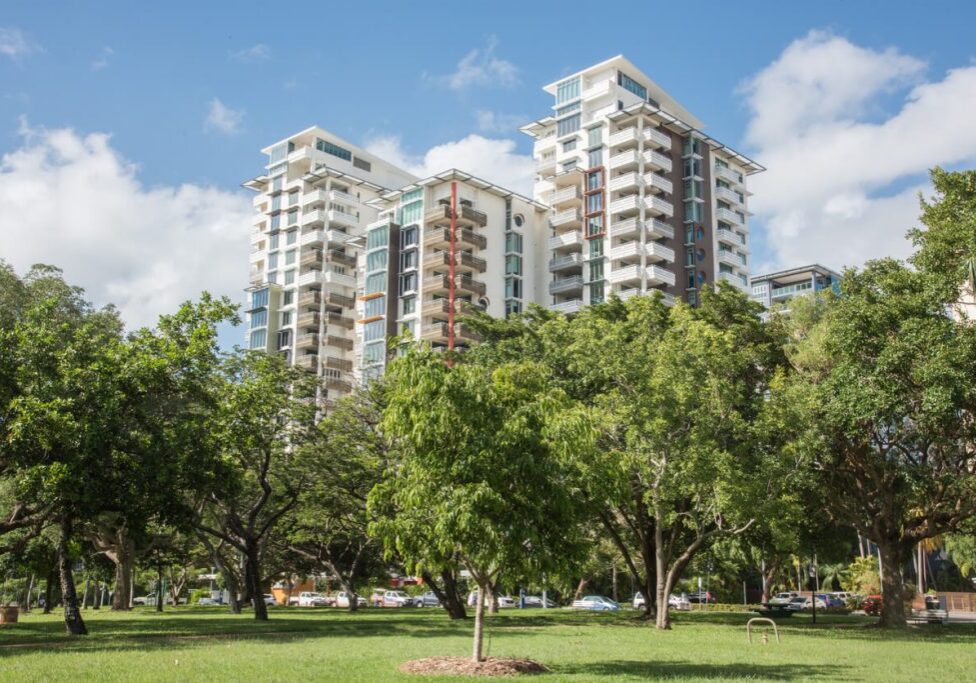9 Common renting myths busted

The number of Australians renting has grown rapidly over the past few years. Renting offers a great lifestyle option for many looking to live in areas they otherwise couldn’t purchase in. However, there are a lot of myths associated with renting. Misinformation and misinterpretations of rules and legislation are easy to come by. So, to counter these, we have put together a list of the 9 most common myths and will answer each one.
1. The landlord holds onto your bond
This is a common myth, which is often brought about by a lack of knowledge on what happens to your bond after you give it to your landlord or property manager. In all states and territories, aside from the Northern Territory, your landlord is legally required to deposit your bond with the state or territory’s special authority. This is so that the bond is held safely and securely. Your landlord cannot access the bond without putting in a claim for compensation for expenses, which you will be alerted about. The claims are generally only for things such as overdue rent, or damage you caused to the property.
2. You are throwing your money away if you are renting
In Australia, there can be a lot of pressure to buy a house. It is something that is deeply ingrained into our culture. However, it is completely fine if you want to rent too! A house could be a great investment, but it will be a massive time and financial commitment that many of us are not willing to make right now.
Renting can be a great move for you depending on your financial and lifestyle goals. Many desirable suburbs are often significantly cheaper to rent in than to purchase a home. The money saved could then be put into another long-term investment, potentially leaving you better off financially.
As well as this, if you are someone who wants flexibility in terms of where you live, renting is the best option. You will be able to move whenever you are ready, whether that be to a different suburb, city, or country. If you move, you won’t have to worry about selling a house or dealing with a large mortgage.
3. The rental bond prevents me from being evicted
Your bond will not protect you from eviction if you break the terms in the tenancy agreement. The bond is designed to protect the landlord if there are any rental arrears, or if you cause damage that you cannot pay for upfront. There are of course a series of rules governing evictions, so while your bond doesn’t protect you, those rules do.
4. The tenancy agreement doesn’t apply after the end of the fixed term
If your tenancy agreement is a fixed term it can be easy to assume the agreements within do not apply after the term is up. There are many cases where once a fixed-term lease of, for example, 12 months, is finished and you continue renting the property. But, the agreed-upon terms under the fixed term do not suddenly end. You have now entered what is known as a periodic tenancy and the terms of your fixed term lease continue to apply. Being under a periodic tenancy does come with its own regulations and rules for both you and the landlord which you should learn.
5. The landlord is responsible for all repairs and maintenance
When it comes to repairs and maintenance, who is responsible for it varies from case to case. While maintenance and repairs to the property are the responsibility of the landlord, there is still some maintenance that you will be required to undertake. These are generally small things, like changing lightbulbs, batteries in the smoke alarms or security systems, cleaning, and more.
In a case where you are responsible for damages to the property, you will likely have to pay for the repairs. The landlord will still choose the repairer but will charge you for it. If you cannot pay upfront, the cost may come out of your bond.
6. You don’t have to pay rent if repairs haven’t been done
If your landlord has not completed repairs and a reasonable time has passed, you may feel like you shouldn’t be paying rent. While it may be tempting, it is best not to stop paying rent or you may be in breach of the tenancy agreement and may get evicted. If your landlord isn’t dealing with urgent or even non-urgent repairs, like they are obligated to, you have options to assist you. A path you may wish to take is to apply to your state’s tenancy tribunal. Here your rent will be paid into a separate account, which the landlord will only receive when repairs have been completed.
7. The landlord can increase the rent whenever they want
There are strict rules governing when and how a landlord can increase the rent. They will also be required to provide written notice of the increase within a minimum notice period. As well as this, there are restrictions as to how often the rent can be raised. If you are on a fixed-term lease the landlord can only raise the rent during this period if the tenancy agreement states that they can. So, don’t worry about your landlord raising the rent on you suddenly without notice, that cannot happen.
8. Your landlord will blacklist you for standing up for yourself
Being blacklisted on a tenancy database like NTD or TICA is nothing to scoff at. This can make it harder to find a place to rent or may impose extra conditions on you if you do find a place. Because of this, there is a lot of regulations surrounding the use of these databases, and what can get someone listed on them. You can only be listed on these databases after your tenancy has ended, and for the following two reasons:
- Your rent arrears exceeds the bond amount
- You have breached the tenancy agreement.
You cannot be listed just because you exercised the rights you have as a tenant. If you are going to be listed, the property manager is required to tell you if they intend to list you. This will give you time to dispute the case. Also, the listing will be removed after three years.
9. You have to steam clean your carpets when you move out
If the carpets were cleaned to a certain standard at the start of the tenancy, the tenant must ensure the carpets are cleaned to that same standard at the end of the tenancy.
However, the property manager/owner cannot require the tenant to:
- leave the property in better condition than it was in at the start of the tenancy
- purchase goods or services (e.g a carpet cleaning or pest service)
- use a specific carpet cleaning service
- pay a set fee for carpet cleaning
Whether or not it is appropriate for a special term to be included about professional carpet cleaning/pest control at the end of the tenancy, depends on the case and circumstances.
No tenancy laws specifically require you to have the carpets cleaned by a professional. Some people choose to for convenience’s sake, or to return them in the same condition they received them. If you do get the carpets professionally cleaned, make sure you keep the receipt.
Conclusion
Hopefully, these myths being busted helped you feel more confident renting a property. For many of us, it is a lifestyle choice that enables us to live the life we want, for others it may just be a stopgap before purchasing a property. Whatever your reasons are for renting, it does not have to be a scary complicated process.
For more information reach out to Link Living for a chat.




